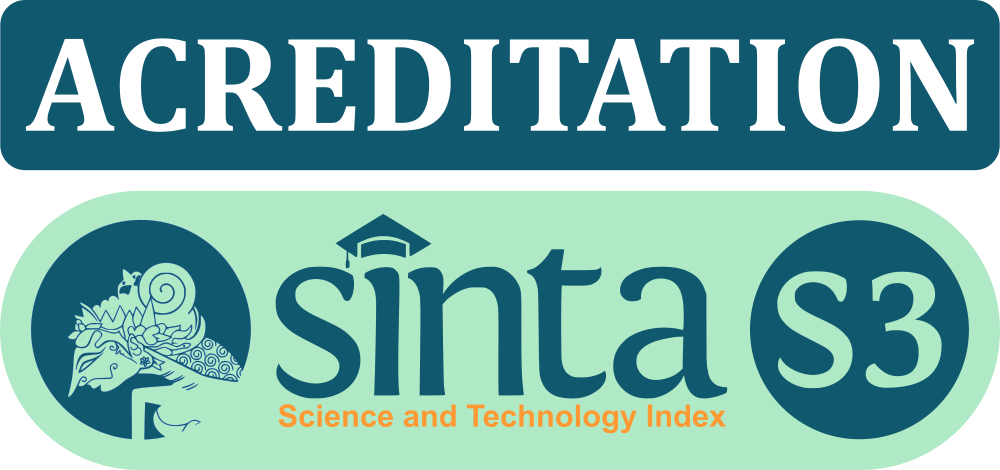DIAGNOSIS KEGAGALAN CHILLER MENGGUNAKAN ANALISIS PARAMETER OPERASI
DOI:
https://doi.org/10.29122/mipi.v12i2.2954Abstract
Â
Penelitian ini bertujuan untuk melakukan identifikasi kegagalan pada chiller berdasarkan analisis parameter operasi kunci untuk masing-masing jenis kegagalan dengan menggunakan model regresi satu variabel. Hasil tersebut dibandingkan dengan penelitian yang dilakukan peneliti sebelumnya dengan model regresi tiga variabel. Hasil perbandingan berdasarkan kecenderungan perubahan parameter operasi menunjukkan bawah diagnosa kegagalan bisa dilakukan cukup tepat dengan menggunakan parameter operasi yang dihasilkan dari model regresi satu variabel
References
R. Saidur, M. Hasanuzzaman, T.M.I. Mahlia, N.A. Rahim, H.A. Mohammed.(2011) “Chillers energy consumption, energy savings and emission analysis in an institutional buildingsâ€.Energy,Volume 36, Issue 8.
Firdaus, Nofirman. Prasetyo, Bambang Teguh. Luciana, Thomas. (2016).†Chiller: Performance Deterioration and Maintenanceâ€. Energy Engineering, 113:4, 55-80
Comstock, MC. Braun, James E. Groll, EA. (2002). “ A Survey of common faults for chillersâ€. ASHRAE Transaction, 108, pp 819.
Mathew C. Comstock. James E. Braun. EA, Groll (2001).â€The Sensitivity of Chiller Performance to CommonFaultsâ€. HVAC&R Research, 7:3, 263-279.
Mathew C. Comstock. James E. Braun. (1999). “Experimental data from fault detection and diagnostic studies on a centrifugal chillerâ€. ASHRAE Research project 1043-RP. HL 99-18, Report #4036-1
Mathew C. Comstock. James E. Braun. (1999). “Development of analysis tools for the evaluation of faults detection and diagnostics for chillersâ€. ASHRAE Research project 1043-RP. HL 99-20,Report #4036-3
Saththasivam, J.,Ng, K.C. (2008). Predictive and diagnostic methods for centrifugal chillers. ASHRAE Transactions 114 PART 1 : 282-287
Tassou, SA. Grace, IN. (2005). “Fault diagnosis and refrigerant leak detection in vapour compression refrigeration systemsâ€. International Journal of Refrigeration, Volume 28, Issue 5
Downloads
Published
How to Cite
Issue
Section
License

This work is licensed under a Creative Commons Attribution-ShareAlike 4.0 International License.
Open Access Policy
MIPI provides immediate open access to its content on the principle that making research freely available to the public supports a greater global exchange of knowledge.
MIPI by BRIN is licensed under a Creative Commons Attribution-NonCommercial-ShareAlike 4.0 International License. Permissions beyond the scope of this license may be available at http://ejurnal.bppt.go.id/index.php/MIPI


















